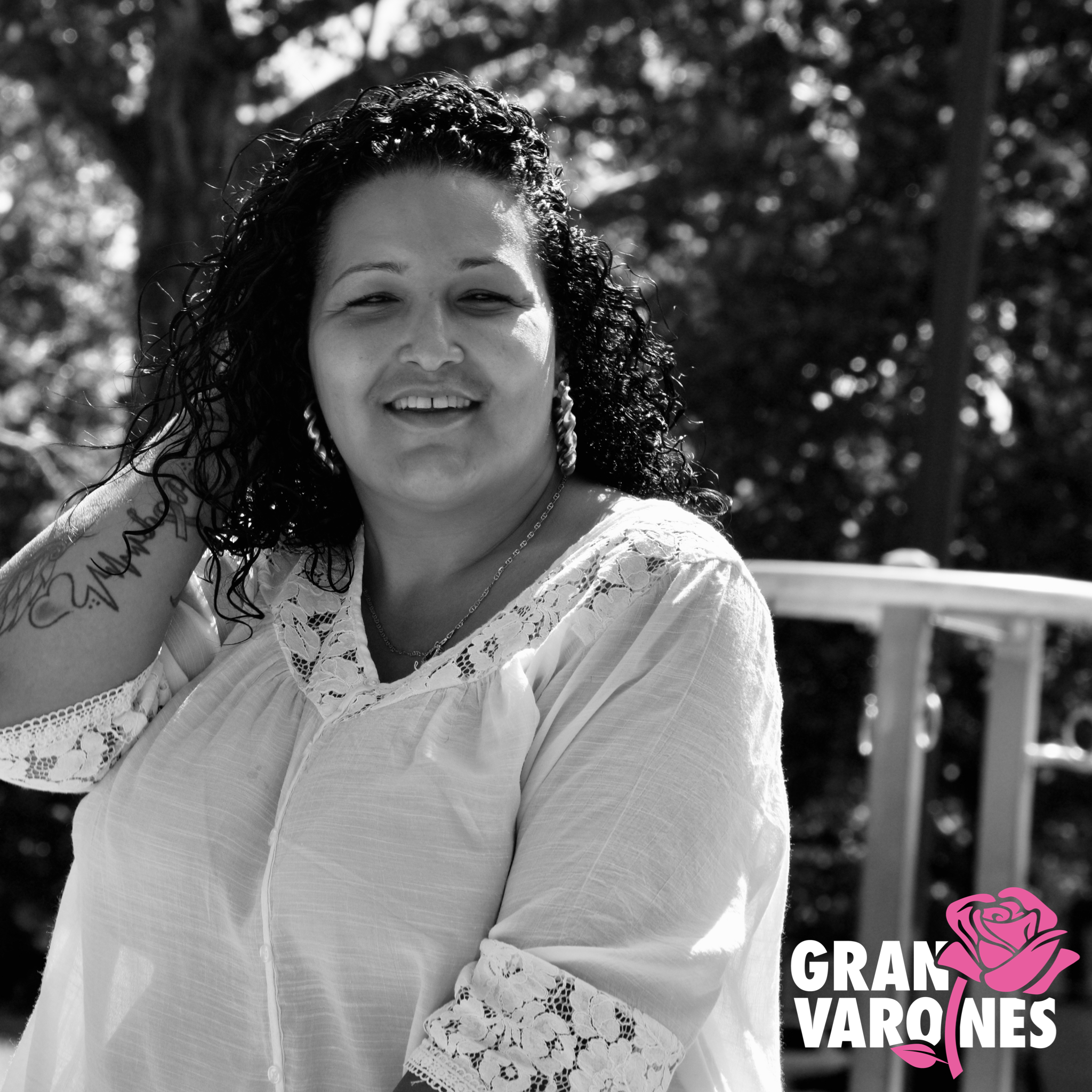You know, just growing up and in that era of grandparents taking care of the grandkids, and the parent, you know, engaged in the street life. I’m talking about the ’90s, and the early 2000s. I had an amazing childhood. But then I had a troubling transition teen years because I had the addition of gender identity, with the struggle of a family trying to understand the difference between sexual orientation, which because of historical ignorance, didn’t know how to support me.
The first time I ever heard of HIV was it was in correlation to me and my journey, but also like the realization that my uncle was living with HIV. I didn’t know it because I was a child. And so when I started to express who I was or how I felt, my family, jump straight to the “who I love’ kind of thing. It was like, “Let’s try to protect you is this disease” that people get “kind of mentality”.
I love my family down, you know, they didn’t have the support. They also didn’t have the language. And stigma was really prevalent. I mean, as it is today. And worse back then.

I was like maybe 13 or 14 [years old], my first time learning that it really impacted my community as hard as it did is because when I came into the gayborhood, into the ballroom scene.
I came in through a House and I had a House mother and a House Father, and also how siblings who were experiencing this. We watched how our house mother and house father nurtured siblings back to hell, or healthier than when they were. As we were supporting them through their journey as they transitioned.
It reminds me of “Pose” That’s literally what it was like. One thing I did learn, too, is to stop apologizing when I take up too much space because, you know, our ancestors lost their lives so that we can be here today. So I’m offering up now more “you’re welcome” for me taking up the space because I am here. I’m alive. 38 years old, a trans woman of color.
Naiymah Sanchez (She/Her)
Interviewed & Photographed by louie ortiz-fonseca

Leave a Reply